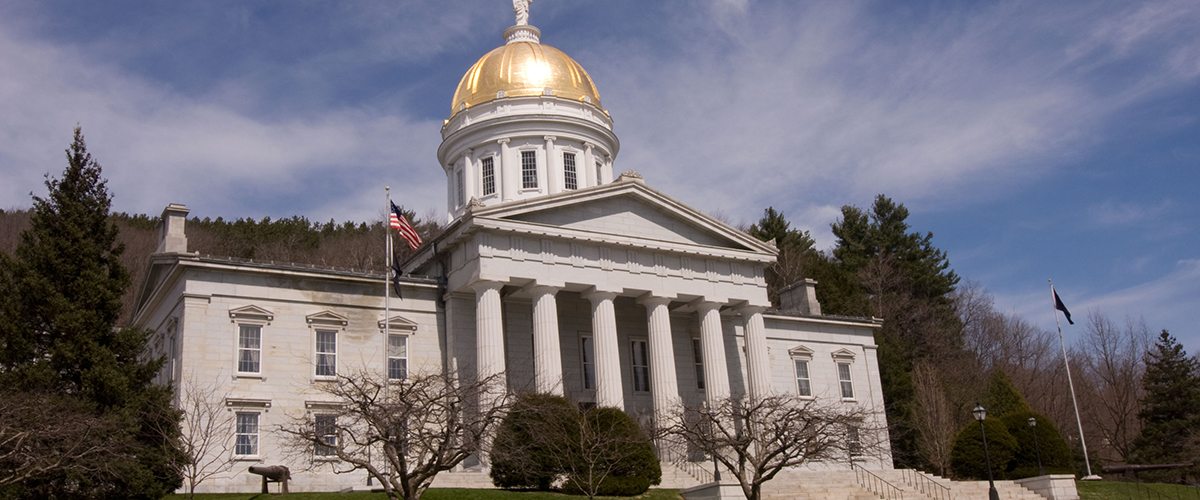[vc_row][vc_column][vc_column_text]
Vermont Gov. Phil Scott vetoed the Legislature’s recreational marijuana bill, but will reconsider if revisions are made.
Vermont may still become the ninth U.S. state to legalize recreational marijuana, despite Republican Gov. Phil Scott initially vetoing the bill presented to him by the state Legislature.
Last month, the Vermont Legislature passed S.22, which would legalize possession of up to an ounce of marijuana for adults ages 21 years and older. It would also permit adults to personally grow up to two plants. Before being presented the bill, Scott had shared concerns over legalizing adult use marijuana, saying he was “not philosophically opposed to [legalization],” but that he was “not sure that the time is right now.” He vetoed the legislation, asking for revisions to address his public safety concerns about the proposal.
“We must get this right,” Scott said in remarks at a press conference. “I think we need to move a little bit slower.”
In his veto message, Scott outlined several concerns and offered a “path forward.” He asked for stronger penalties for those providing or selling marijuana to minors, and more severe penalties for using marijuana in vehicles.
Vermont lawmakers have already sent their revised marijuana legalization bill to the governor, ahead of next week’s veto session. According to Democrat Sen. Dick Sears, chairman of the Senate Judiciary Committee, the new law enhances several fines and also allows police to seize marijuana if a person is in possession of more than what the law allows or is caught consuming cannabis in a place that’s not allowed. The original bill didn’t authorize police to seize marijuana.
Scott’s willingness to work on legislation and the quick turnaround by lawmakers to present revisions has cannabis advocates encouraged.
“I think it’s clear something different is going on here,” said Matt Simon, political director for New England’s Marijuana Policy Project. Simon was one of five cannabis advocates who recently met with members of the governor’s staff to discuss revisions. “We would have preferred it if they’d been at the table back in February, but the glass is half-full… or three-quarters full.”
The Republican leaders in the Legislature, however, have said they would be unwilling to accept a parliamentary maneuver needed to pass the revised bill during the veto session, set to begin June 21. Scott has said that if he were to be happy with the updated bill, he’d reach out to Republican leaders.
If Scott approves the bill and Republican leaders agree to suspend rules to allow the bill pass during the planned two-day veto session, Vermont will become the first state to pass a recreational marijuana measure through approval by a state’s legislature. As now written, the law would take effect July 1, 2018.
Nearly 60 percent of Vermont voters support legalizing adult use marijuana, according to a recent Public Policy Polling survey.
“Public opinion obviously matters,” Scott said, “but again, I have to do what I think is right for the state throughout from a public safety standpoint.”
Learn more about cannabis laws in Vermont and throughout the U.S. by visiting our education page.[/vc_column_text][/vc_column][/vc_row]






